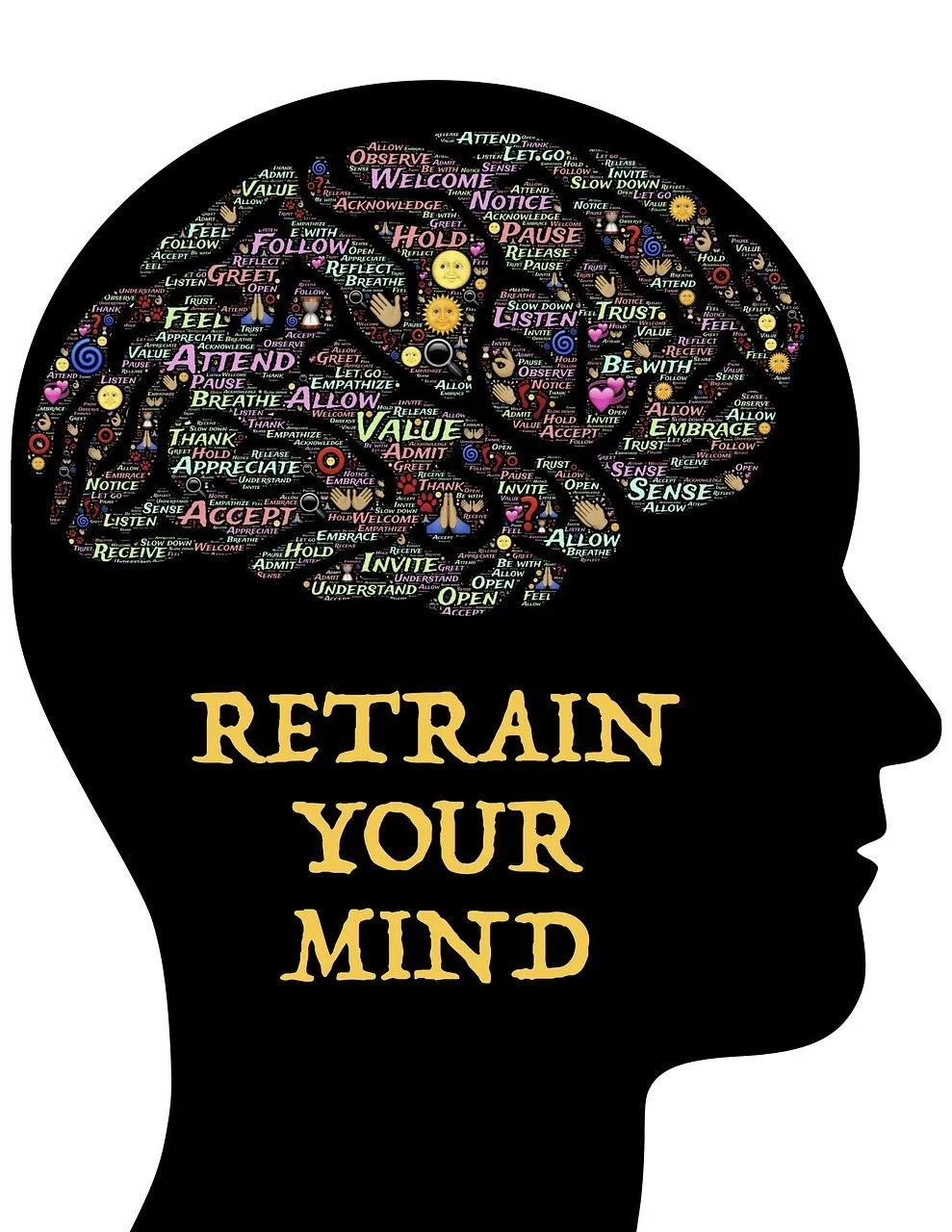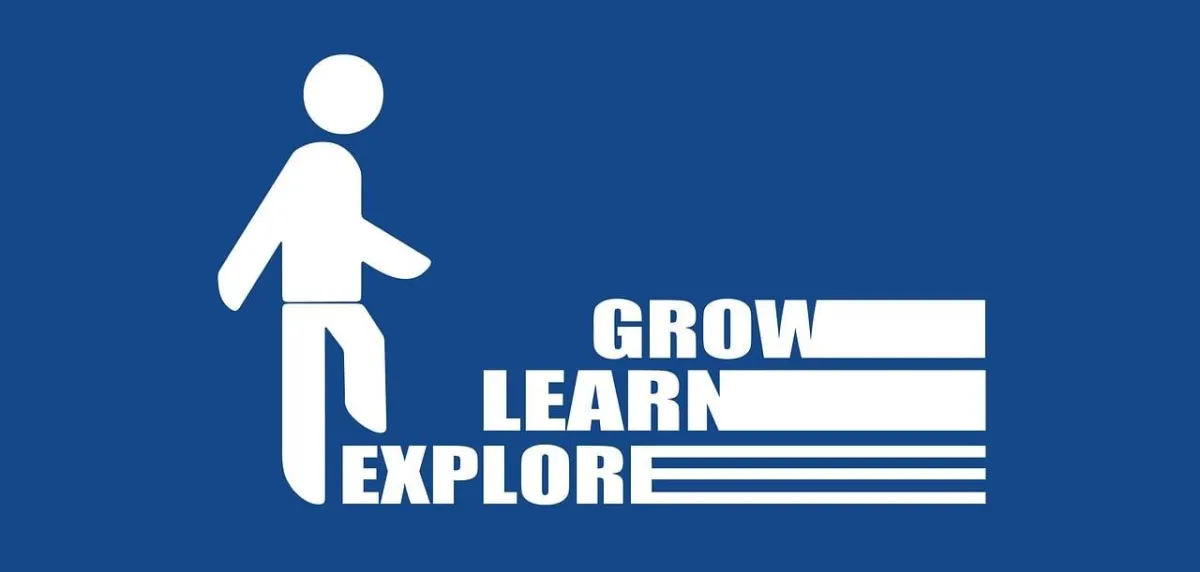Embark on Your Journey to a Thriveful Life!
Tips for a Better You as We Uncover Inspiration, Wellness, and Fulfillment.

Here's To Health
Nutrition is the cornerstone of good health. Also incorporating regular exercise into your routine can accelerate your progress and contribute to overall well-being.

Finding Your Finance
Personal finance is an essential aspect of modern life that impacts every individual's present and future. Encompasses how you manage, save, invest, and spend your money.

Self-Improvement Time
Self-improvement is a lifelong journey of personal growth, development, and continuous learning. Involves enhancing various aspects of life, from mental & emotional well-being to skills and habits.

Unleashing Your Potential: A Comprehensive Guide to Self-Improvement
Self-improvement is a lifelong journey of personal growth, development, and continuous learning. It involves enhancing various aspects of your life, from mental and emotional well-being to skills and habits. By committing to self-improvement, you can unlock your full potential, boost self-confidence, and lead a more fulfilling life. In this comprehensive guide, we'll explore key principles and practical strategies for embarking on your self-improvement journey.
The Foundation of Self-Improvement: Self-Awareness
Reflect and Self-Assess: Take time to reflect on your strengths, weaknesses, values, and goals. Self-assessment helps you gain a clear understanding of where you currently stand and where you want to go.
Set Clear Goals: Establish specific, measurable, achievable, relevant, and time-bound (SMART) goals for your self-improvement journey. Goals provide direction and motivation for your efforts.
Cultivating a Growth Mindset
Embrace Challenges: Rather than shying away from challenges, see them as opportunities for growth and learning. A growth mindset helps you view setbacks as stepping stones toward improvement.
Learn from Failure: Embrace failure as a valuable teacher. Analyze your mistakes, extract lessons, and apply them to future endeavors.
Enhancing Mental and Emotional Well-Being
Practice Mindfulness: Mindfulness involves being fully present in the moment, without judgment. Regular mindfulness practice can reduce stress, increase focus, and promote emotional balance.
Cultivate Positivity: Foster a positive mindset by practicing gratitude and reframing negative thoughts. Positive thinking enhances your overall well-being and resilience.
Effective Communication Skills
Active Listening: Improve your communication skills by practicing active listening. Pay attention to others, ask clarifying questions, and validate their feelings.
Assertiveness: Express your thoughts, needs, and opinions respectfully and confidently. Assertiveness allows you to communicate effectively while maintaining healthy boundaries.
Time Management and Productivity
Prioritize Tasks: Identify tasks based on their importance and urgency. Prioritization helps you allocate time and energy efficiently.
Eliminate Procrastination: Break tasks into smaller, manageable steps to avoid feeling overwhelmed. Overcoming procrastination increases productivity and reduces stress.
Continuous Learning and Personal Growth
Read Widely: Reading exposes you to new ideas, perspectives, and knowledge. Make reading a habit to expand your horizons and stimulate your mind.
Seek Feedback: Welcome constructive feedback from mentors, peers, and colleagues. Feedback helps you identify areas for improvement and fine-tune your skills.
Health and Well-Being
Physical Activity: Regular exercise supports physical and mental well-being. Find an activity you enjoy and make it a part of your routine.
Balanced Nutrition: A healthy diet provides the energy and nutrients your body needs to function optimally. Prioritize whole foods and stay hydrated.
Building Resilience
Adaptability: Embrace change and remain flexible in the face of adversity. Adaptability allows you to navigate challenges more effectively.
Coping Strategies: Develop healthy coping mechanisms for managing stress, such as meditation, deep breathing, or engaging in hobbies.
Stepping Out of Your Comfort Zone
Embrace New Experiences: Growth often occurs outside your comfort zone. Challenge yourself to try new things, meet new people, and explore unfamiliar territories.
Fear of Failure: Recognize that fear of failure is a natural emotion. Confront your fears and take calculated risks to expand your horizons.
Conclusion
Self-improvement is a transformative journey that empowers you to become the best version of yourself. By cultivating self-awareness, adopting a growth mindset, enhancing your mental and emotional well-being, developing effective communication skills, and nurturing various aspects of your life, you can achieve lasting personal growth. Remember that self-improvement is a continuous process that requires patience, dedication, and a commitment to lifelong learning. Embrace the journey with an open heart and an unwavering belief in your potential to create a brighter, more fulfilling future.
© 2024 The Thriveful Life - All Rights Reserved,
